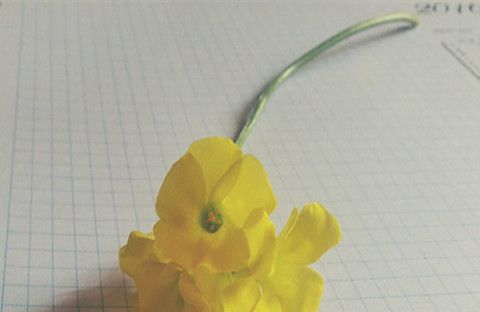|

一、基数词用复数形式的情况并不多见,基数词在表示确切的数字时,不能使用百、千、百万、十亿的复数形式;但是,当基数词表示不确切数字,表示一群一群的人或一批一批的事物,如成百、成千上万,三三两两时,基数词则以复数形式出现。
1. There are hundreds of people in the hall.
大厅里有数以百计的人。
2. Thousands and thousands of people come to visit the Museum of Qin Terra-Cotta Warriors and Horses every day.
每天有成千上万的人来参观秦兵马涌博物馆。
3. They went to the theater in twos and threes.
他们三三两两地来到了剧院。
4. The guests left in ones and twos. 客人三三两两地离开了。
5. Applications for the job are coming in slowly in/by twos and threes. 申请这份工作的信件三三两两来得很慢。 二、表示人的不确切岁数或年代,用几十的复数形式表示。
He became a professor in his thirties.
他三十多岁时成为了教授。
She died of lung cancer in forties.
她四十来岁时死于肺癌。
It was in the 1960s.
那是在二十世纪六十年代。 三、表示某基数词有多个。如:
Two twos are four. 二二得四。
Four threes are twelve. 四乘三等于十二。 四、用于某些习语,如at sixes and sevens(乱七八糟,七上八下)等。如:
I haven’t had time to arrange everything so I’m all at sixes and sevens. 我没来得及把每件事都安排好,因此心里七上八下的。 五、逢整“十”的基数词也可以用于复数形式,表示某人的大约年岁和世纪中的年代。如:
The war broke out in the nineties. 这次战争爆发于90年代。
Karl Mark began to learn the Russian language in his fiftieth. 马克思五十多岁开始学俄语。 | 








